Did you know that your love language is deeply linked to your childhood? Believe it or not, the way we were treated as infants leave a long-reaching effect on our personalities, and an anxious attachment style, caused due to adverse childhood experiences can lead to unsuccessful romantic relationships.
According to the tenets of Attachment Theory, the way we behave in our adult relationships is called our Attachment Style. And our attachment style depends on how we were treated and cared for by our caregivers when we were babies.
Do you want to know more about the Anxious Attachment Style and how it can influence your romantic relationships? Then read on!
In this article, we have covered everything you need to know about Anxious Attachment, including what causes anxious attachment style, signs of anxious attachment, anxious attachment triggers, and much more, with helpful tips on what to do if you have an anxious attachment style. So let’s start.
What Is Attachment Theory?
Back in the 1960s, a group of psychologists formulated a model called Attachment Theory, aiming to study and describe the ways in which infants, as well as adults, connect to other people on emotional and behavioral levels.
According to this theory, as children, we develop one of the four attachment style patterns, based on how our needs were addressed by our primary caregivers.
The 4 Attachment Styles:
The following attachment styles are developed early in our childhood.
- Secure
- Avoidant
- Disorganized
- Anxious
What Is An Anxious Attachment Style?
Anxious Attachment Style, also known as Preoccupied Attachment Disorder, is an insecure attachment pattern that arises from childhood neglect, hurt, or abandonment. People who develop an anxious attachment style, tend to be highly emotionally dependent on their partners.
Their partner’s deteriorating mood, any chance of separation, abandonment, or any such anxious attachment triggers can set them off on an emotional tailspin.
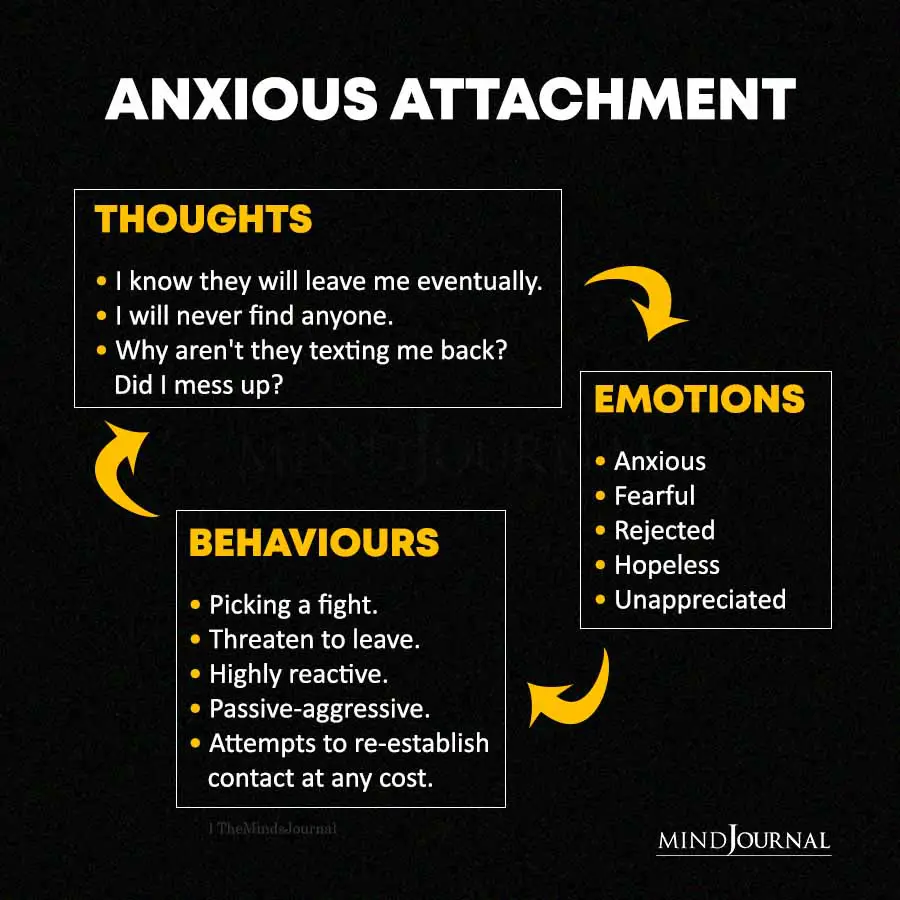
What Causes Anxious Attachment?
Genetics and the parenting styles of our caregivers are often believed to be responsible for the development of our individual attachment styles.
As far as anxious attachment patterns are concerned, the following parental behaviors are significantly associated:
1. Failure To Respond To A Child’s Needs
If a caregiver fails to respond to an infant’s needs, for example, forgets to change the baby’s soiled diapers or doesn’t console the child when crying, this may lead the child to form an insecure attachment with the caregiver.
2. Antipathetic Parenting Style
When a parent or caregiver is critical, insensitive, and emotionally distant from the child, the vulnerable kid is left with an insatiable craving for care, pampering, and affection, pushing them towards an anxious attachment style.
3. Inconsistent/Unpredictable Parenting
Sometimes a parent is inconsistent in their parenting style. One moment the child finds the caregiver to be caring, nurturing, and attuned to them, the next moment they find their basic needs like, attention, security, and unconditional love, which are snubbed by the unpredictable parent.
It goes without saying that such inconsistent behavior can wreak havoc on the tender mind of a child. They never know what to expect and thus become emotionally needy and vulnerable.
What Are The Signs Of Anxious Attachment Style?
Although anxious ambivalent attachment issues develop in our formative years, the anxious attachment style symptoms can be found much later in life.
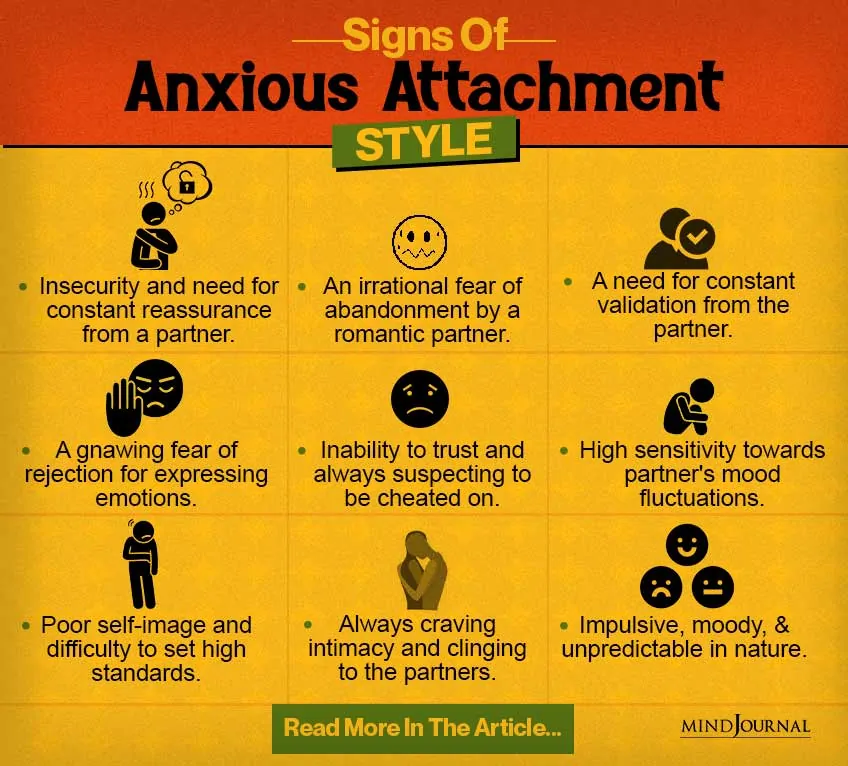
Anxious Attachment Style In Adults:
Adults with anxiety attachment display the following signs:
- People with an anxious attachment style are insecure in relationships
- They always suffer from a fear of abandonment by their partners
- This insecurity in relationships is often fueled by a fear of rejection
- They also exhibit trust issues
- Those who struggle with anxiety attachment generally have a poor self-worth
- They always crave intimacy and closeness in their relationships
- Being dependent on their relationship, they need to be frequently validated
- They are highly sensitive to their partner’s behavior and moods
- They are emotionally unstable, moody, impulsive, and unpredictable
Read: 7 Negative Mindsets That Undercut Your Mental Strength and Resilience
Anxious Attachment Style In Children:
- Difficult to console when crying
- Becomes visibly upset when separated from their caregiver
- Clinging to the people they form attachments with
- Exploring less and not interacting with strangers
- Failure to process negative emotions
- Becoming aggressive with peers
- Generally appearing to be anxious
How Anxious Attachment Style Affects Relationships?
Those who have developed this type of insecure attachment style find it difficult to feel safe in any kind of relationship. Their fear of rejection and abandonment issues make them find their relationships to be challenging, stressful, and unstable.
People who experience anxious attachment styles and abuse in their childhood have their tryst with difficult relationships in their adult lives.
Dating With An Anxious Attachment Style
People who didn’t experience closeness and a loving relationship with their primary caregiver long for a deep attachment with their romantic partner.
Unfortunately, their troubled childhood instills a lack of trust, poor self-worth, and other insecurities in their mind. As a result, they find it difficult to trust their partner and always seek validation from them.
People with an anxious attachment style are also prone to feel overwhelmed when they perceive a threat to their relationship. For instance, when a partner goes out with their friends or gets late coming home, the anxious partner feels threatened and needs a lot of emotional soothing.
Anxiously attached individuals must communicate their insecurities clearly to their partners and not impulsively act on them. It also helps if a person with attachment issues chose a partner who is emotionally secure and is ready to work with their partner on their anxious attachment style.
How Can You Help A Partner With Anxious Attachment?
If your partner tends to display the signs of anxious attachment style, the following tips will come in handy:
- Always assure them that you genuinely care about them
- Consistently give them your unconditional love
- Don’t go back on your words and keep your promises
- Gently encourage them to reflect and work on their attachment issues
Examples of Anxious Attachment Triggers:
You must keep an eye on these emotional triggers that might set off your partner with anxious attachment patterns:
1. Unresponsiveness
If you are unresponsive to their emotional needs or ignoring their texts or calls, these can cause immense emotional stress to them as they are carrying the baggage of anxious attachment issues.
2. Perceived Fear
Their perceived fear of breakup or separation can make them behave erratically. If you want to convey your concern about their attachment anxiety, please do so with much care.
3. You Getting Emotionally Independent
If you start developing new hobbies or start making new friends, this may signal danger and cause distress to your emotionally vulnerable partner.
4. Unpredictable Behavior
If you are not clear on what do you want from this relationship or if your priorities are not at the place, your partner may feel triggered due to this unpredictable nature of your relationship.
How To Change An Anxious Attachment Style?
If you are wondering how to fix your anxious attachment style the following tips will help you:
1. Self-Awareness
Identify your attachment style and seek self-improvement to feel more secure and emotionally stable in your relationships.
2. Making Amends
Realize that it’s not too late to make changes in your existing relationships. Try to trust your partner, give them space, and process your negative feelings with patience and self-control.
3. Reaching Out
If you still find it overwhelming to deal with your relationships, it is always a good idea to reach out to a professional or a trusted friend for support and guidance.
How To Cope If You Have Anxious Attachment Style?
If you have an anxious attachment disorder, these actionable strategies will help you manage your emotions.
- Evaluate how your partner’s attachment style is influencing your anxiety issues
- Come out of the toxic patterns of the past and decide how you want to deal with your relationships in a healthy way
- Find a counselor or therapist who can help you navigate your emotions
- Try couple therapy or family therapy
- Educate yourself on anxious attachment style and coping strategies
- Identify people who can be triggering your attachment issues
- Practice journaling and write down your fears and anxious thoughts
Read: 10 Painless Ways To Turn Your Struggles Into Strength
How To Prevent Anxious Attachment?
If you are an adult with anxious attachment:
- Communicate your needs clearly
- Know what you want and be ready to walk away when your needs are not met
- Have a healthy self-esteem
If you are a parent or caregiver:
- Be attentive to the needs of your child
- Be prompt and address their distress
- Be nurturing and caring so that your child can learn to be secure in a relationship
How To Treat Anxious Attachment Style?
You can treat anxious attachment style issues through any of the below-given options:
1. Interpersonal Therapy
A therapist helps to identify problem areas in interpersonal relationships and suggests strategic ways to overcome them.
2. Cognitive Behavioral Therapy
Through this certain type of therapy, people learn to regulate their negative thought patterns and view relationships from a more empowered and aware perspective.
3. Medications
Certain medications have often been helpful to treat both anxious attachment style disorder and anxiety issues. Please consult with a medical health professional for the right treatment.
Anxious Attachment Style And Mental Health
According to a study, people with anxious attachment are at greater risk of developing anxiety disorders. Research suggests childhood emotional neglect and adverse childhood experiences are linked with anxiety and depression in adult life.
A Final Word
Hopefully, our comprehensive article on Anxious Attachment Style will resolve all your burning questions on the topic. We have covered everything from how anxious attachment develops, to dating with an anxious attachment style, and how to fix anxious attachment style. Let us know if you found these insights and tips to be helpful.
Are you interested to know what is your attachment style at your workplace? Take our attachment style quiz to know!
References:
Simpson, J.A. and Rholes, W.S., 2012. Adult attachment orientations, stress, and romantic relationships. In Advances in experimental social psychology (Vol. 45, pp. 279-328). Academic Press.
McCarthy, G. and Taylor, A., 1999. Avoidant/ambivalent attachment style as a mediator between abusive childhood experiences and adult relationship difficulties. The Journal of Child Psychology and Psychiatry and Allied Disciplines, 40(3), pp.465-477.
Frequently Asked Questions
Are certain children at increased risk of anxious attachment?
Yes, adverse childhood experiences, such as separation from a primary caregiver, physical/ emotional/ sexual abuse, neglect, etc., may result in some kids being at a greater risk of anxious attachment.
Can two anxious attachment styles work?
If two people with anxious attachment styles can communicate their feelings with each other and are aware of their attachment issues, they can have a successful relationship.
How to love someone with an anxious attachment style?
Pay attention to their emotional needs, constantly assure them that you care for them, and encourage them to be more self-aware about their anxious feelings.
Can anxious attachment styles be friends with the opposite sex?
If someone with an anxious attachment style can be upfront about their emotional needs and respect healthy boundaries, they sure can be friends with people of the opposite sex.
Do I have an Anxious Attachment Style?
If you believe you have unhealthy attachment patterns, it is advisable to see a therapist or a mental health professional for a proper diagnosis.
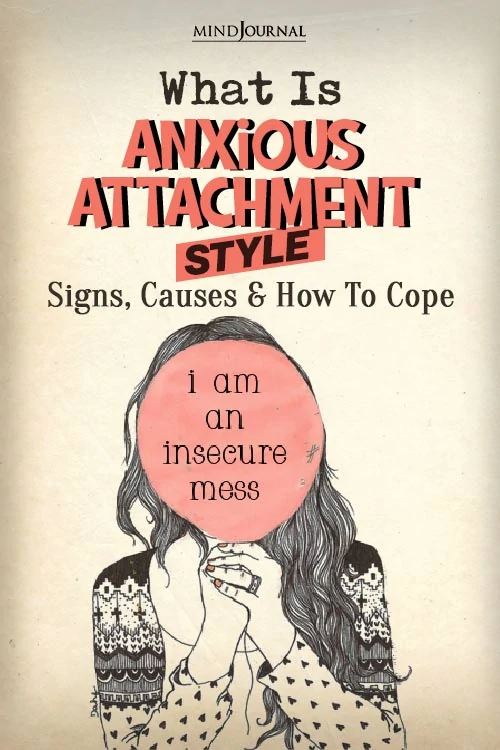
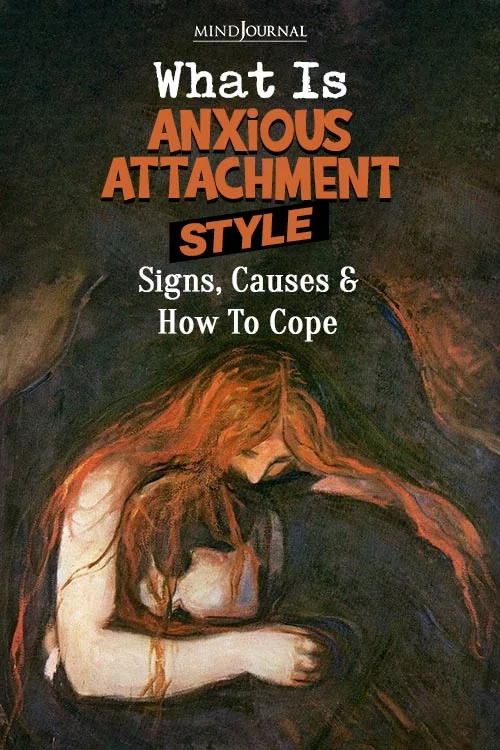
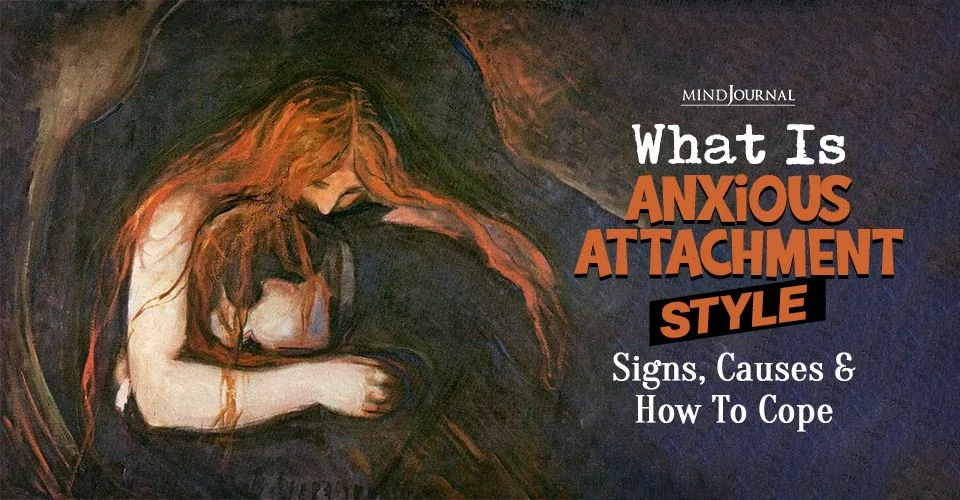


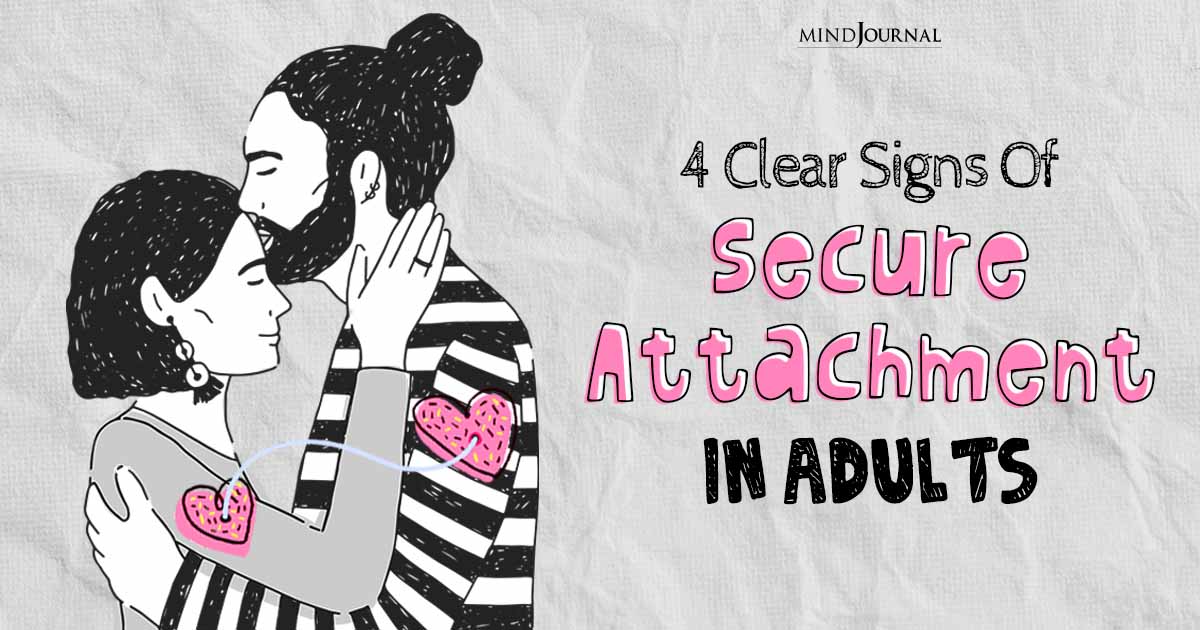
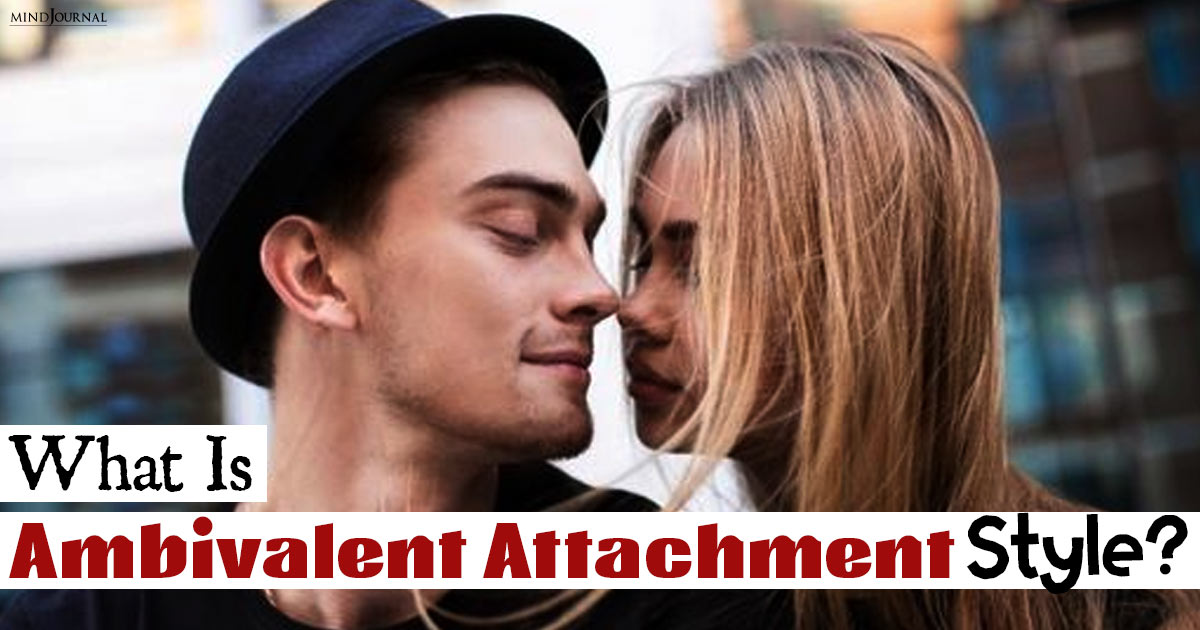
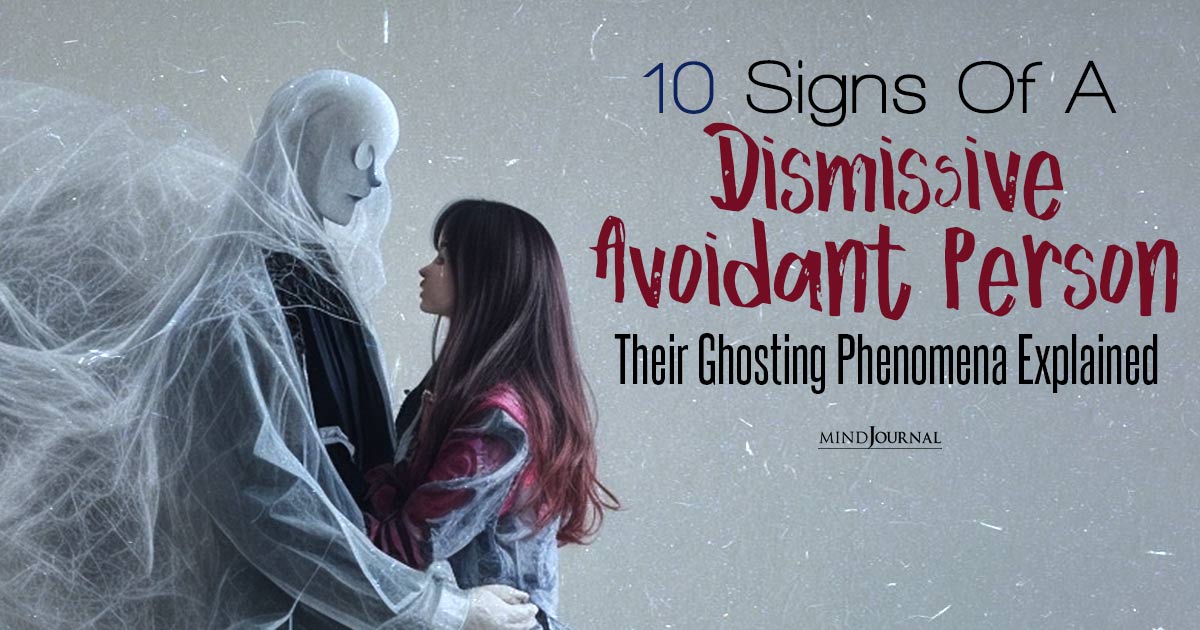
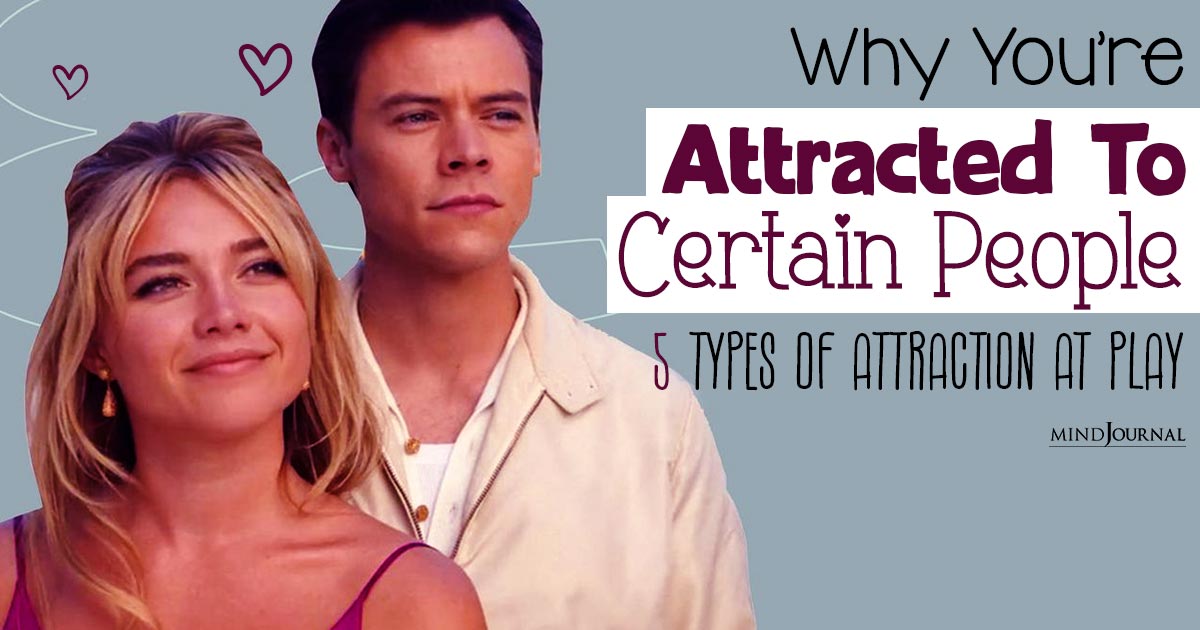
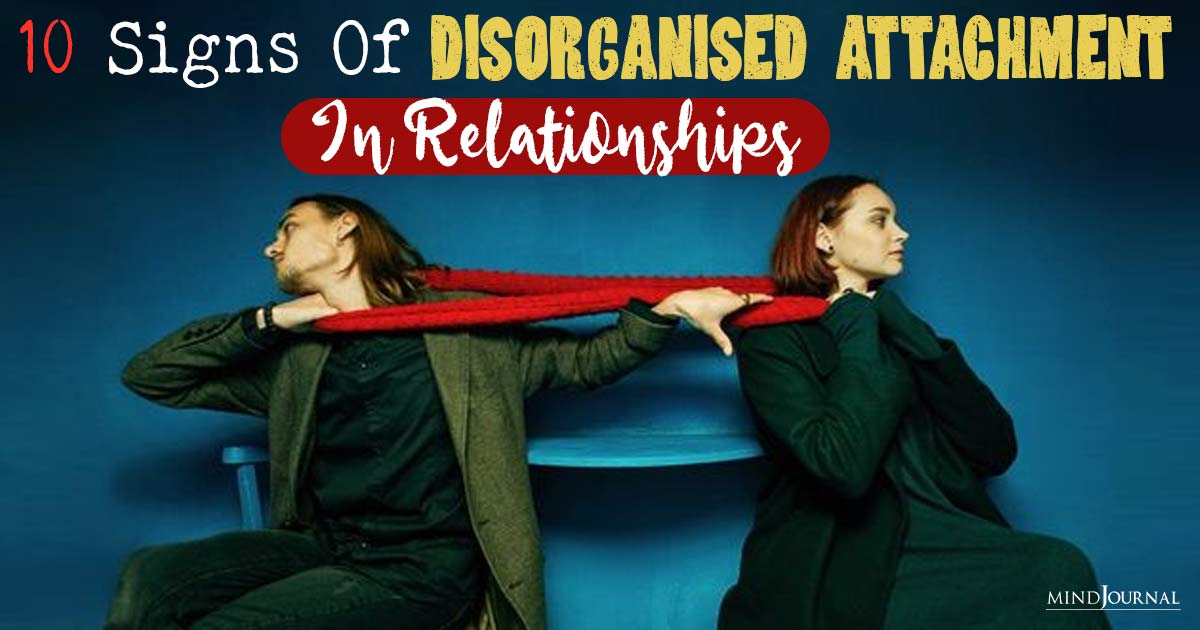
Leave a Reply
You must be logged in to post a comment.